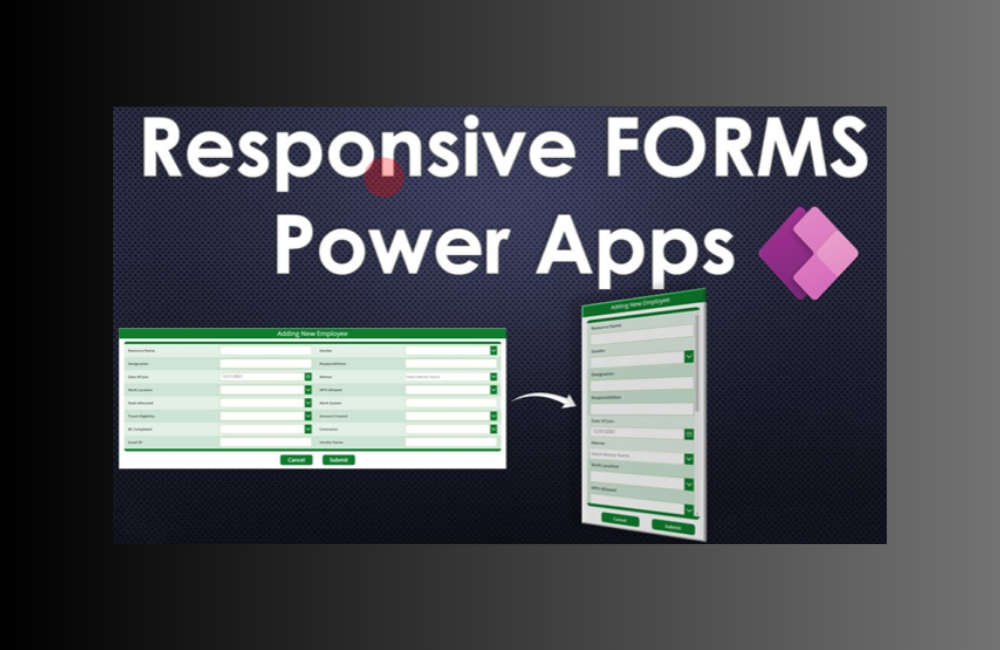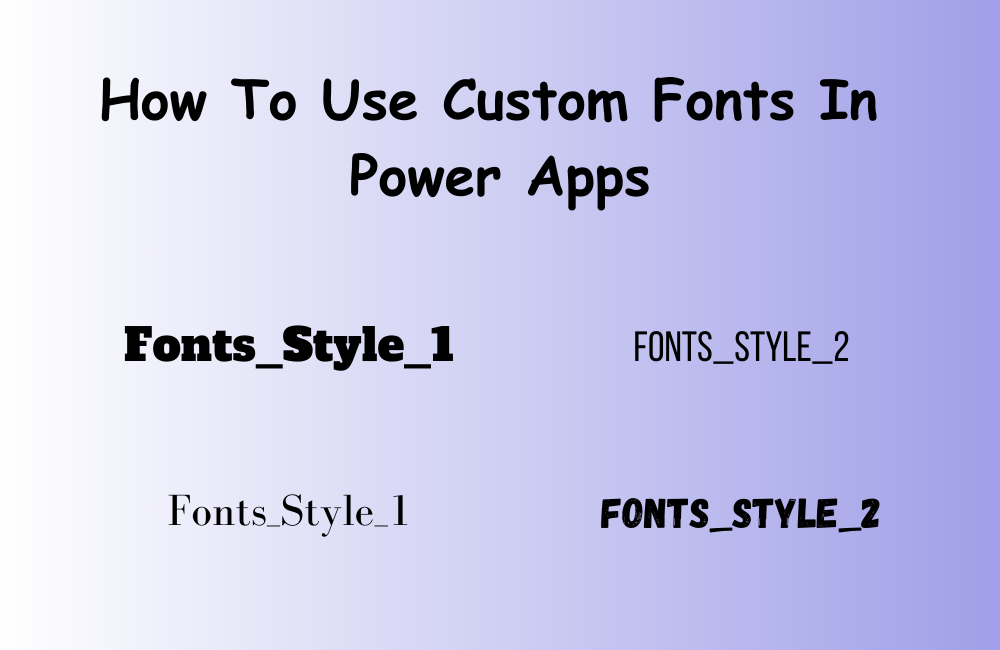How to Insert Multiple Values Into Collections
In this tutorial, we’ll explore how to efficiently add multiple entries to PowerApps collections, a fundamental technique for effective data management within your applications. Working with PowerApps necessitates proficiency in data manipulation, and combining collections is a routine operation. We will provide a step-by-step guide to help you execute this with ease.
Understanding the Initial Data Sets
Before we dive into the methodology, it’s crucial to grasp the collections we’re starting with:
Collection 1: userDataA
FullName Age TestScore
David Jones 32 78
Anne Lisbon 45 92
Penelope Parra 26 56
Collection 2: userDataB
FullName Age TestScore
Harold Reimer 50 65
Jerry Farrel 18 73
Stacy Fenton 35 84
Desired Output
Our objective is to amalgamate these two collections. The combined collection should be as follows:
Output: mergedUserData
FullName Age TestScore
David Jones 32 78
Anne Lisbon 45 92
Penelope Parra 26 56
Harold Reimer 50 65
Jerry Farrel 18 73
Stacy Fenton 35 84
Process to Add Multiple Entries
Now, let’s discuss the procedure:
// Initialize the first collection
ClearCollect(userDataA,
{FullName:"David Jones", Age: 32, TestScore: 78},
{FullName:"Anne Lisbon", Age: 45, TestScore: 92},
{FullName:"Penelope Parra", Age: 26, TestScore: 56}
);
// Initialize the second collection with multiple rows
ClearCollect(
userDataB,
{FullName:"Harold Reimer", Age: 50, TestScore: 65},
{FullName:"Jerry Farrel", Age: 18, TestScore: 73},
{FullName:"Stacy Fenton", Age: 35, TestScore: 84}
);
// Combine both collections to insert multiple new rows
ClearCollect(mergedUserData, userDataA);
Collect(mergedUserData, userDataB);
REFERENCE: Collect, Clear, and ClearCollect functions
Additional Insights
-
Streamlining Data Handling: Bulk operations in collections simplify managing user information, reducing the need for repetitive input.
-
Unifying Data Sources: Learning to effectively merge data ensures a cohesive dataset within your application.
-
Facilitating Complex Transformations: Flexible data manipulation is made possible, allowing large dataset handling with less effort.
-
Optimizing Bulk Operations: Mass data entry is crucial for time-saving and enhancing application efficiency.
-
Improving User Interactions: Quick data processing leads to a smoother experience for app users.
-
Ensuring Data Consistency: Accurate and consistent data input mitigates manual entry errors.
-
Adapting to Data Requirements: This approach is flexible, suitable for various data handling needs from simple to complex.
-
Elevating Collection Usage: Understanding this process enhances how collections are managed and applied within your app.
Conclusion
As demonstrated, efficiently adding multiple records to a PowerApps collection is straightforward. PowerApps offers an intuitive way to handle bulk data inputs. Always verify the accuracy of your data sources to avoid potential discrepancies.
If you require further assistance on this topic, or any other technical queries, please don’t hesitate to contact us. Our expert team is here to help, and we might have just the right solution for your needs.






